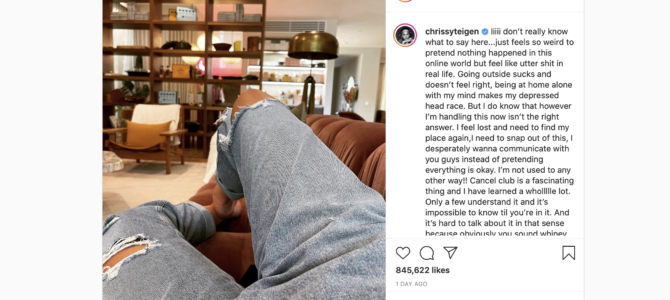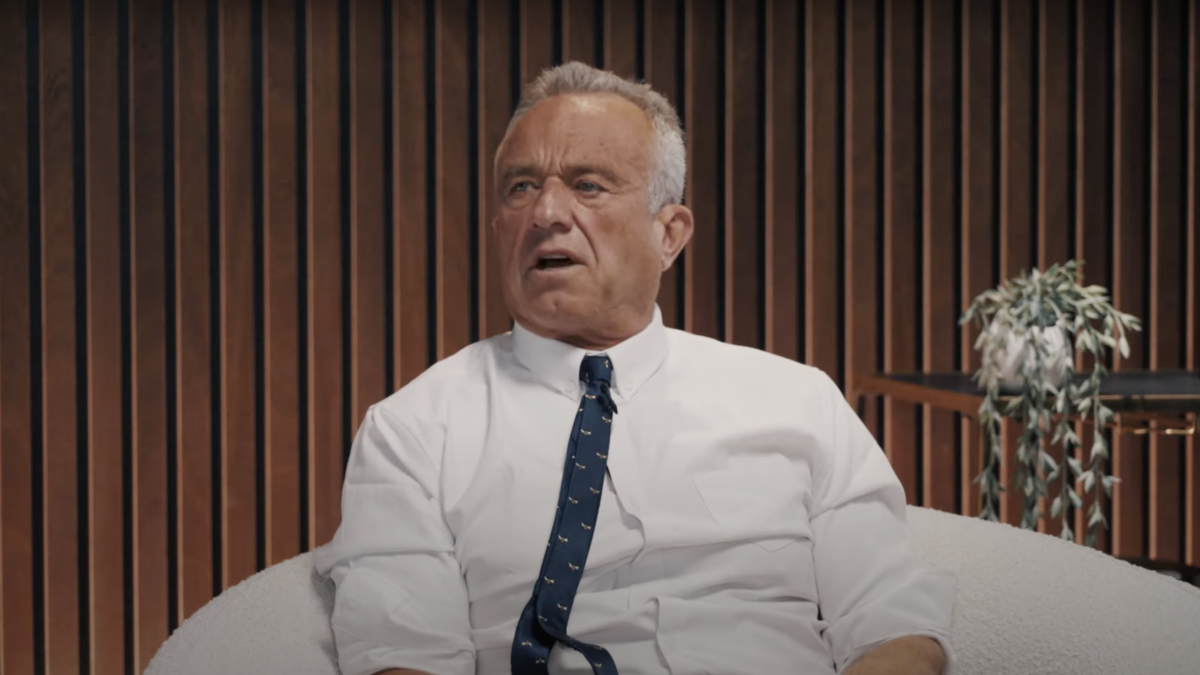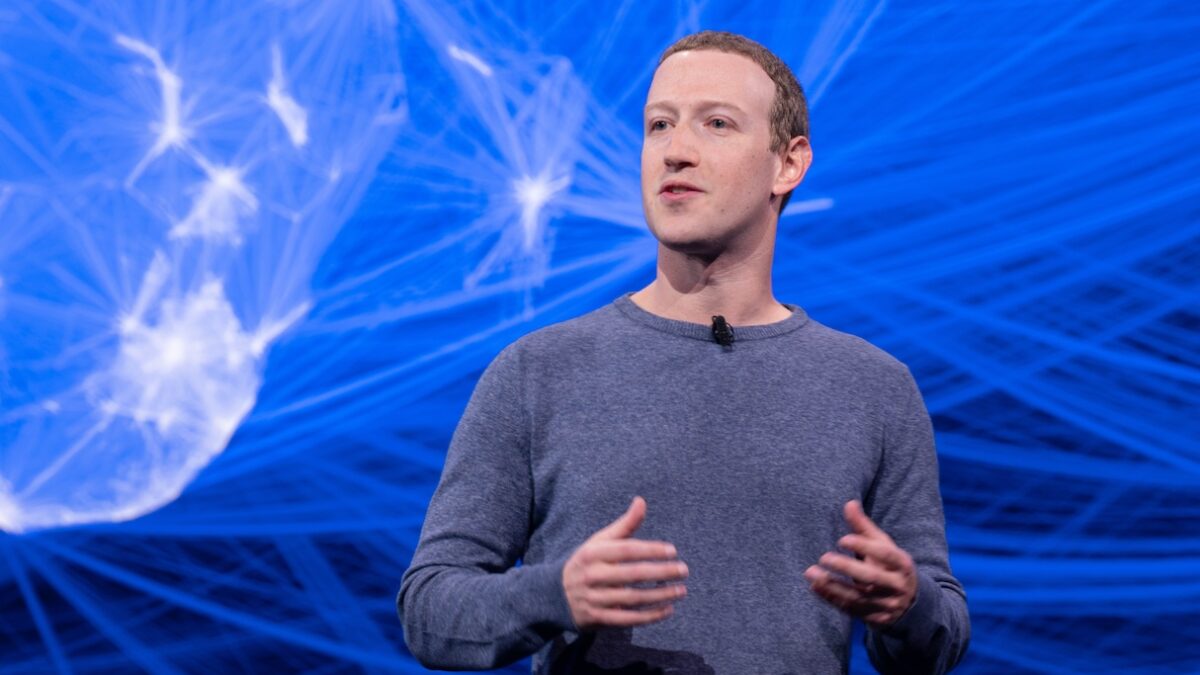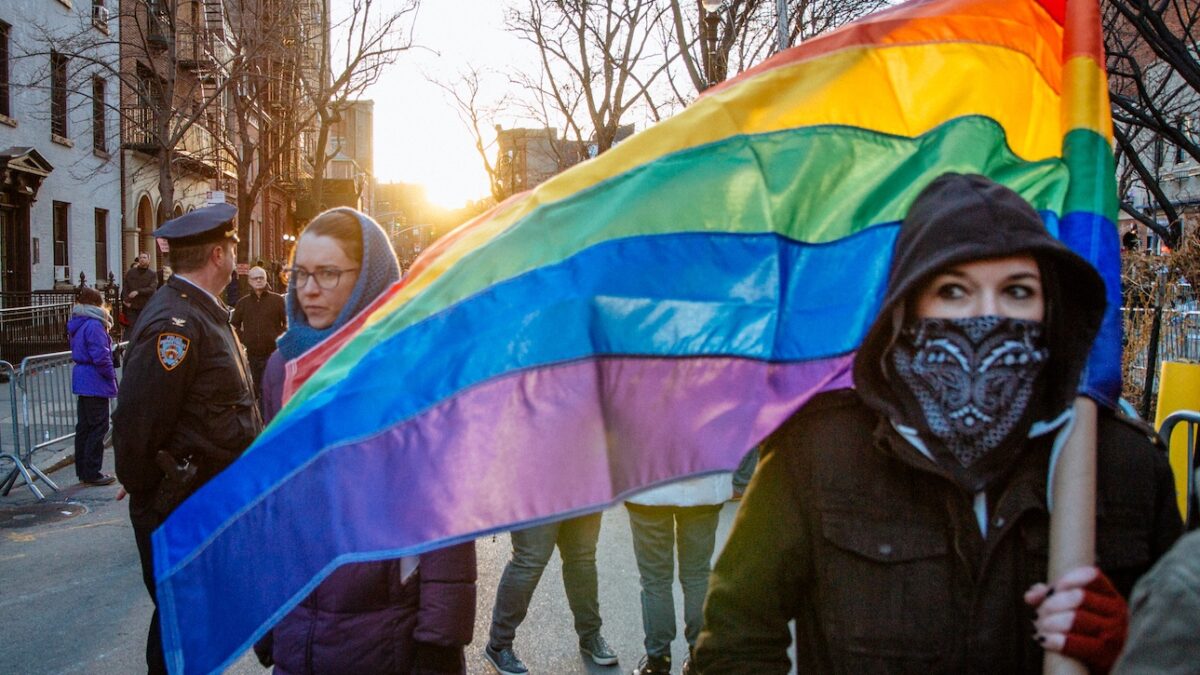Chrissy Teigen posted a lamentation about life in the “cancel club” to Instagram this week, correctly predicting it would be picked apart by critics. “Being at home alone with my mind makes my depressed head race,” she wrote, adding, “only a few understand it and it’s impossible to know until you’re in it.”
After fueling cancel culture for years — and getting rich off it — Teigen finally faced the virtual firing squad for old tweets bullying a then-teenage Courtney Stodden. Teigen lost her partnership with Macy’s over the ordeal and published a long apology on Medium.
The conflict blurred battle lines, as people on the right suddenly found themselves cheering on the punishment of Teigen and others typically inclined to take Teigen’s side in the debate found themselves unusually inclined towards mercy.
Teigen’s behavior, of course, was not politically incorrect, it was mean, which makes the case study different than most of the chapters in the life of modern cancel culture. But her ongoing struggle with the ordeal is very telling.
The image under which Teigen posted her lamentation was incredibly dark, but broadly familiar: legs stretched out on the couch against the backdrop of an empty room. She’s just a woman alone on the couch looking for validation on social media. That this particular woman happens to be ultra-wealthy, ultra-famous and a dedicated wife and mother makes it all the more sad. She just returned from a lavish vacation to Italy.
It’s a statement on money and fame, sure. But it’s also a statement on the unbelievable power of social media and smartphones, which keep us hooked on a dopamine drip from sun up to sun down, so intense that even the people with everything-literally everything-can’t quit it.
It’s like when Sen. Mitt Romney’s sad anonymous Twitter account surfaced, revealing the multimillionaire politician’s burning need to express his unfiltered opinions on social media.
Like cigarettes and slot machines, digital dopamine drips are powerful. But they are not satisfying. Our political, cultural, and social discourses have been outsourced to platforms run like slot machines and we’re trying to “build back better,” as though that’s possible without radically curbing Silicon Valley’s influence not merely on our economy but on public health.
Chrissy Teigen is at a loss without access to interaction on social media. She’s not alone. Plenty of people in less public controversies now spend their days alone on undoubtedly less luxurious couches scrolling aimlessly through apps, engaging in life and politics like a video game, looking for something their minds tell them could be lurking behind every notification, pulling them away from the real sources of joy off-screen to the point where we forget they’re even there.








